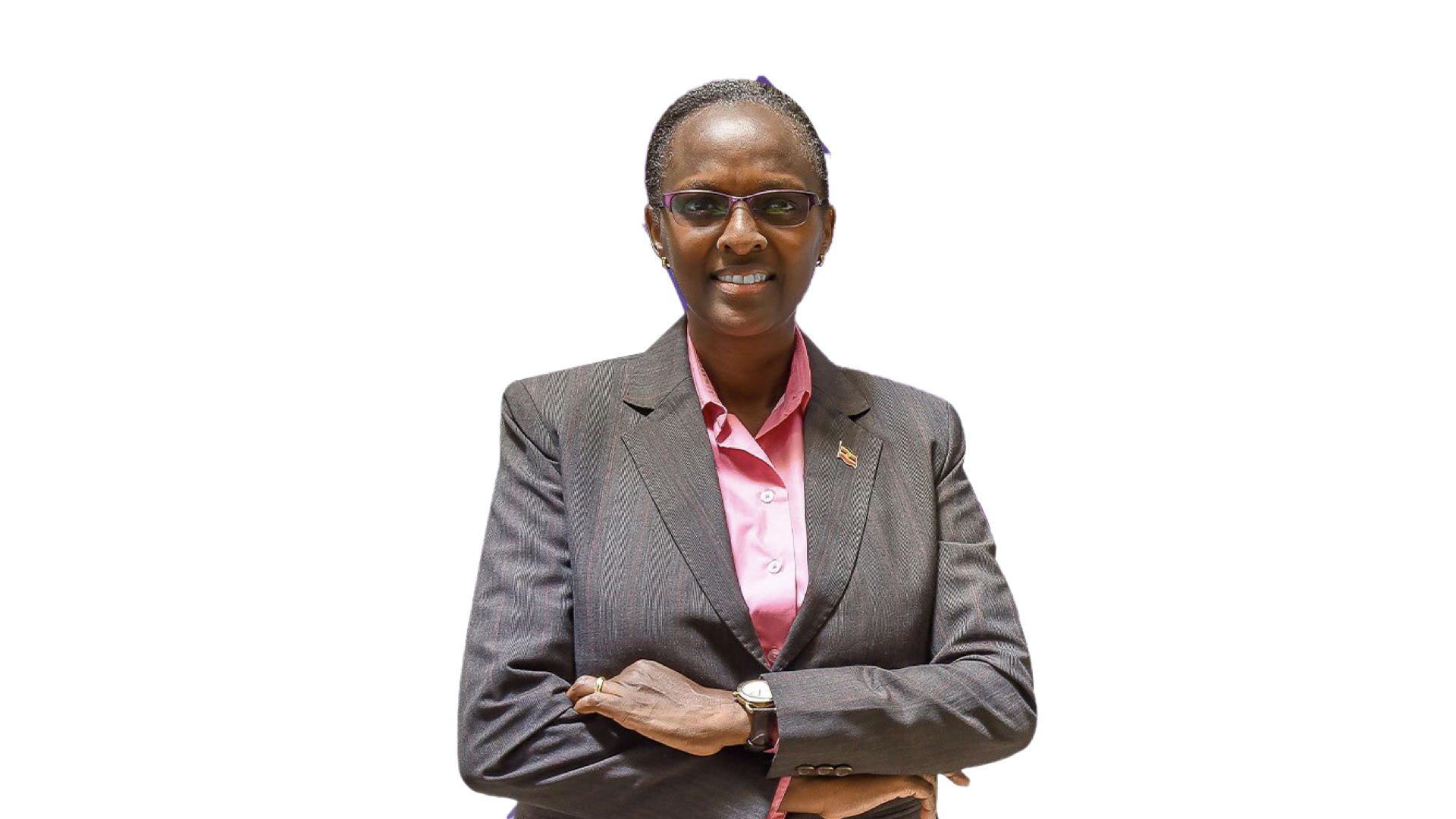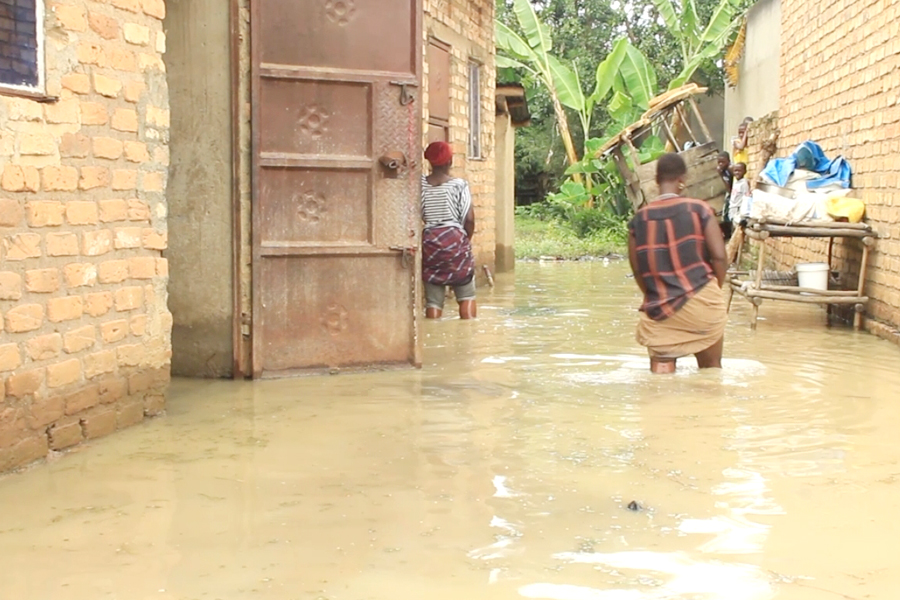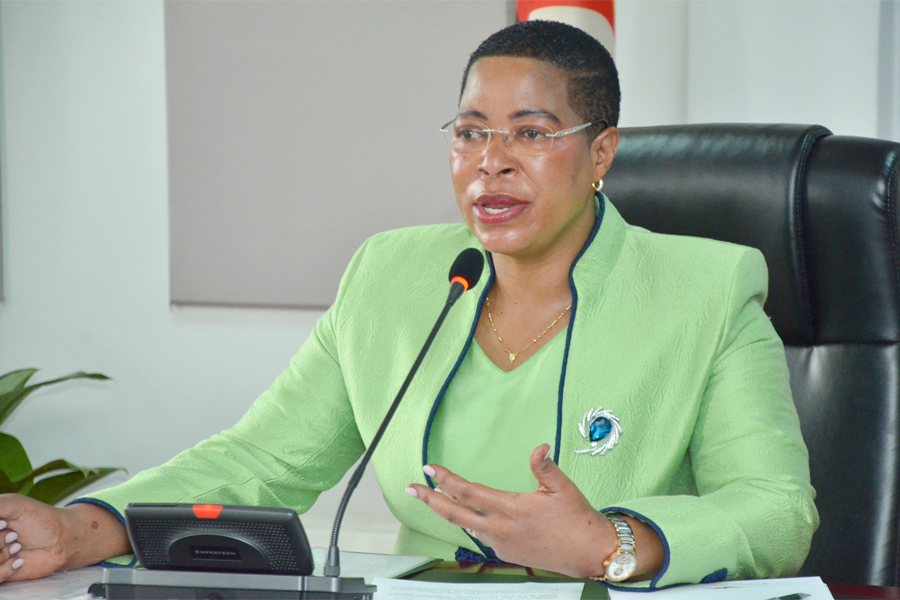Minister asks fuel companies to help popularize use of clean energy
Fuel companies have been asked to help government popularize the use of clean energy as one of the ways to save the environment.
Speaking at a function to open the new Total headquarter complex in Kampala on Thursday, Energy minister Mary Goretti Kitutu said there is need for the population to adopt the use of alternative sources of energy, other than biomass.
Keep Reading
“Fuel companies including Total Uganda are involved in numerous activities in the petroleum chain. In the area of liquefied petroleum gas(LPG), the consumption is still very low at only 1% at household level. We need many people to start using LPG,” Kitutu said.
Making a case for the use of clean energy, the Energy Minister explained that unlike several myths by the public, liquefied petroleum gas is safe for use but also cheaper than any other forms of energy.
“There is this phobia that gas burns and they go for charcoal. However, when you look at the market prices, charcoal is more expensive that LPG. Gas is a clean way of cooking food. I am appealing to all players including Total to develop the sector so that many people especially Kampala dwellers can use gas.”
The minister advised that government workers and employees of the various fuel companies should lead by example by using LPG instead of charcoal or firewood.
“If we all join this crusade and start using gas, all other Ugandans can follow in the campaign to save our trees and environment.”
Speaking at the function, outgoing Total Uganda Managing Director, Obi Imemba said the company has already started a campaign to ensure people use clean energy to save the environment.
“A number of our products are tailored to provide a good experience to our customers. For example, our 3kg LPG cylinder is the cheapest on the market and can be afforded by the low income earners in our efforts to ensure clean energy on the market,” Obi said.
The outgoing Total Uganda Managing Director explained that the company’s other products like fuels and storage facilities are done in a way that they preserve the environment.
According to the Food and Agricultural Organisation, in the various African regions, wood fuel share ranges from 61 to 86 per cent of primary energy consumption, with a major part of about 74 to 97 per cent consumed by households.
The World Resources Institute recently reported that between 2015 and 2017, global loss of tropical forests contributed about 4.8billion tonnes of carbon dioxide per year, which is about eight to 10 per cent of annual human emissions of the same gas.















